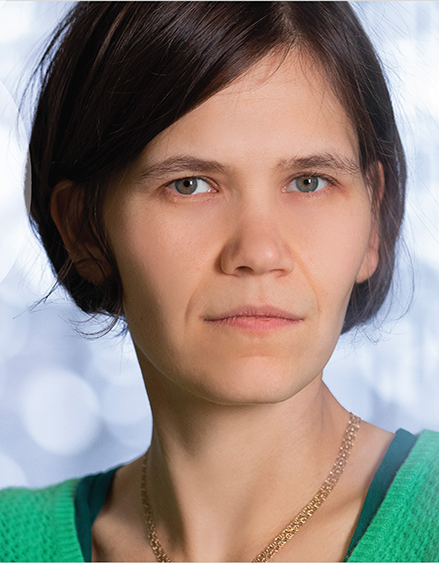 Maria Chikina
Maria Chikina
University of Pittsburgh
USA
Maria Chikina is an assistant professor of Computational and Systems Biology at the University of Pittsburgh School of Medicine. She received her BSc degree in Mathematics and Biology from the University of Chicago and a PhD in Computational Biology from Princeton University with Olga Troyanskaya as her advisor. She did her postdoctoral research with Stuart Sealfon at the Icahn School of Medicine at Mount Sinai. Her group works on diverse data problems ranging from molecular evolution to machine learning for large datasets.
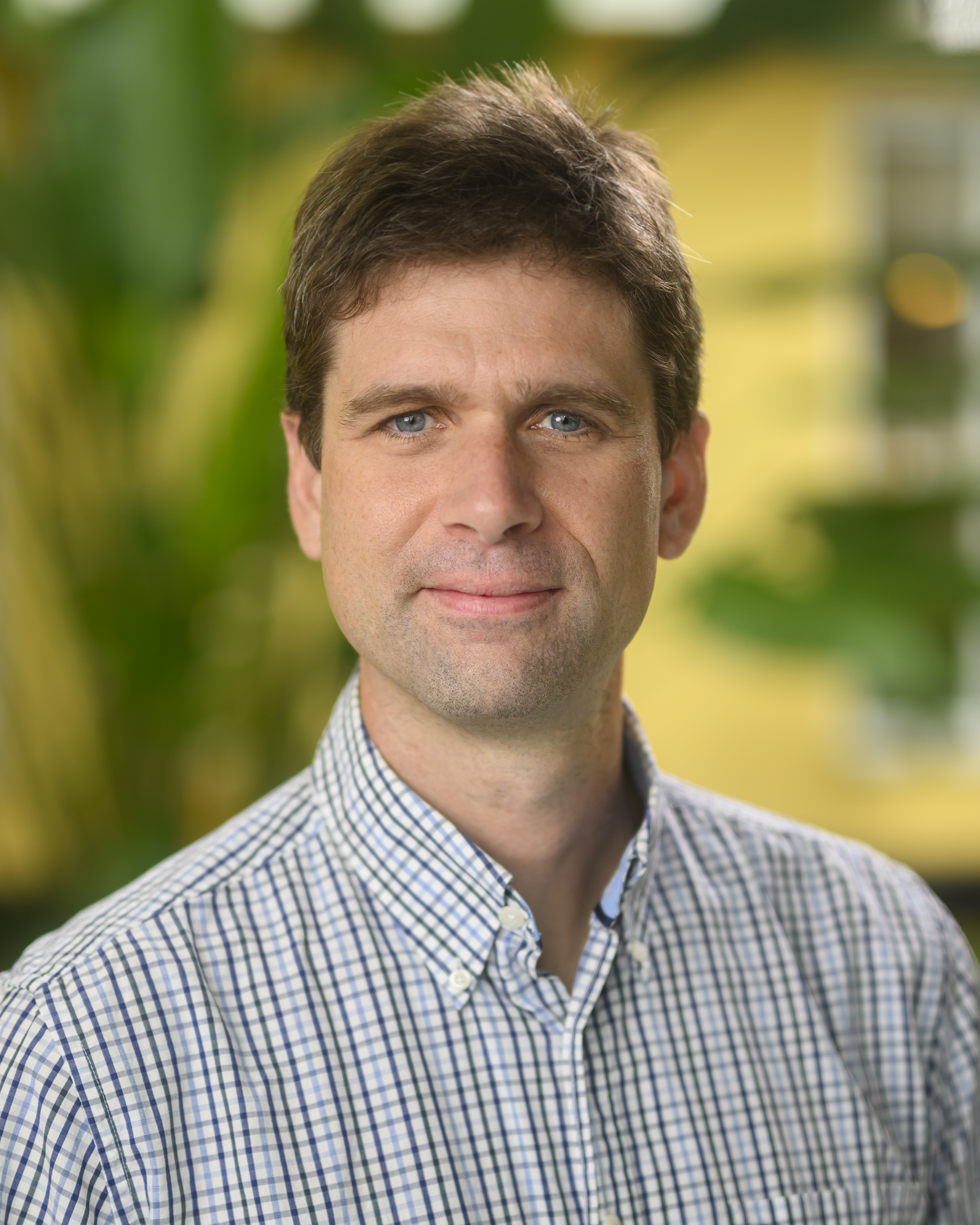 Benjamin Haibe-Kains
Benjamin Haibe-Kains
University of Toronto
Canada
Dr. Benjamin Haibe-Kains is a Senior Scientist at the Princess Margaret Cancer Centre (PM), University Health Network, and Professor in the Medical Biophysics Department of the University of Toronto. Dr. Haibe-Kains earned his PhD in Bioinformatics at the Université Libre de Bruxelles (Belgium). Supported by a Fulbright Award, he did his postdoctoral fellowship at the Dana-Farber Cancer Institute and Harvard School of Public Health (USA). He is now the Canada Research Chair in Computational Pharmacogenomics and the Scientific Director of the Cancer Digital Intelligence Program at PM. Dr. Haibe-Kains’ research focuses on the integration of high-throughput data from various sources to simultaneously analyze multiple facets of cancer progress and therapy response using machine learning and AI methods. Dr. Haibe-Kains’ team analyzes large-scale radiological and (pharmaco)genomic datasets to develop new prognostic and predictive models to improve cancer care.
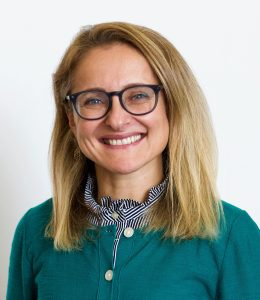 Sunduz Keles
Sunduz Keles
University of Wisconsin-Madison
USA
Dr. Keles is a professor of Statistics and of Biostatistics and Medical Informatics. She obtained her Ph.D. in Biostatistics from the University of California at Berkeley. After a year-long postdoctoral appointment at UC Berkeley, she joined the Department of Biostatistics and Medical Informatics and the Department of Statistics at the University of Wisconsin, Madison. She has more than twenty years of experience in developing statistical and computational methods for genomics, including serving as an ENCODE PI, and pioneering foundational statistical models for leveraging multi-mapping reads in high throughput sequencing data analysis (ChIP-seq, Hi-C). In 2022, Dr. Keles was elected a fellow of the American Statistical Association.
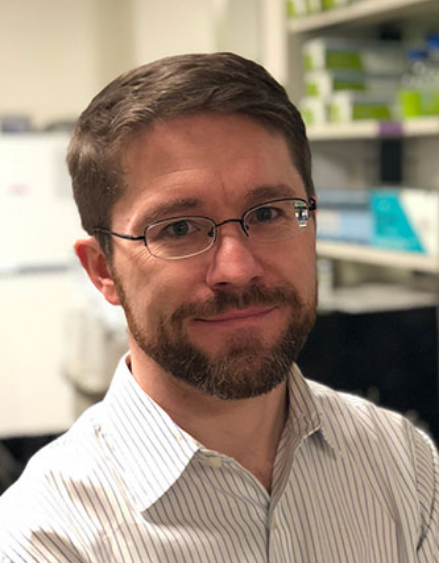 Shaun Mahony
Shaun Mahony
Pennsylvania State University
USA
 Joel Mainland
Joel Mainland
Monell Chemical Senses Center
USA
Dr. Joel Mainland is an olfactory neuroscientist and a Member at the Monell Chemical Senses Center. He has used methods from molecular biology, genetics, neuroscience, and machine learning to examine how humans perceive odors.
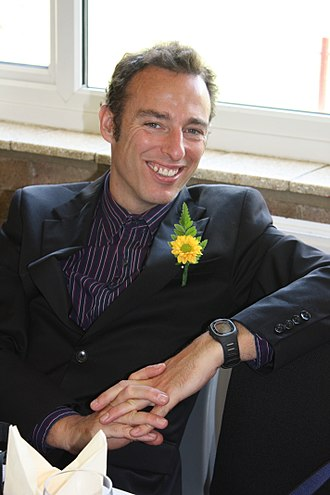 Matthew Stephens
Matthew Stephens
University of Chicago
USA
Dr. Matthew Stephens FRS is a Bayesian statistician and professor in the departments of human genetics and statistics at the University of Chicago. Stephens has a PhD from Magdalen College, Oxford University. He then went on to work with Peter Donnelly as a postdoctoral researcher.. It was there that he developed the Structure computer program, along with Jonathan Pritchard, which is used for determining population structure and estimating individual admixture. He then went on to develop the influential Li and Stephens model as an efficient model for linkage disequilibrium. Stephens was awarded the Guy Medal (bronze) in 2006. He was elected a Fellow of the Royal Society in 2023.




